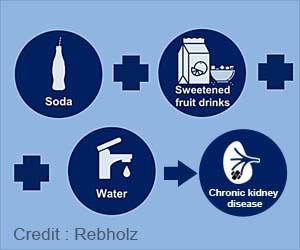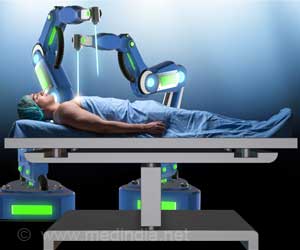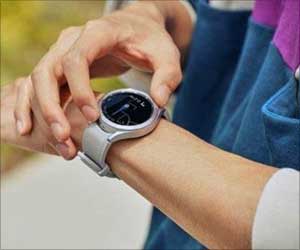
‘Smartphone apps are an accessible way of helping patients take an active role in managing chronic kidney disease (CKD). But, only a few apps are highly rated by both patients and kidney specialists.’
Read More..Tweet it Now
Very few apps related to helping patients with chronic kidney disease (CKD) manage their disease were highly rated by both patients and kidney specialists in a study appearing in an upcoming issue of the Clinical Journal of the American Society of Nephrology (CJASN). Additional efforts are needed to create apps that are viewed as beneficial by both patients and their doctors.Read More..
Nearly every aspect of the treatment of CKD relies heavily on the active participation of patients in their own care. Tasks that patients must manage at home include self-monitoring of blood pressure, following a strict diet, and maintaining a precise medication regimen.
Smartphone apps are an accessible way of helping patients take an active role in managing CKD; however, patients and doctors approach the disease from completely different perspectives. Karandeep Singh, MD, MMSc (University of Michigan) and his colleagues designed a study to measure the quality, usability, and safety of 28 top-performing CKD apps on the iOS and Android app stores from the perspective of both CKD patients and kidney specialists. Two CKD patients and 3 nephrologists performed the evaluations.
The team found that patients' opinions of app quality were quite different from those of doctors. Both patients and nephrologists identified a handful of apps as high quality for specific functionality, but only one app was identified as being of high quality overall by both groups.
Not only did patient evaluations of app quality correlate poorly with physician ratings, but they also correlated poorly with consumer ratings from iOS and Android app stores. In other words, even if an app is rated 5 stars and deemed to be useful by kidney doctors, it may not be viewed favorably by patients with CKD.
Advertisement
In an accompanying editorial, Joel Topf, MD (Oakland University William Beaumont School of Medicine) and Swapnil Hiremath, MD, MPH (University of Ottawa) asked, "What is the way forward, given the state of the medical-app world? We argue that it should be perceived as an opportunity rather than a debacle."
Advertisement
Source-Eurekalert














